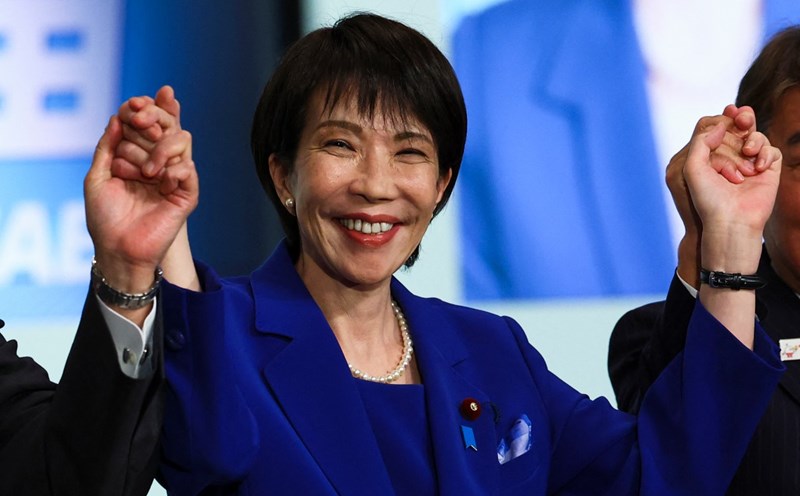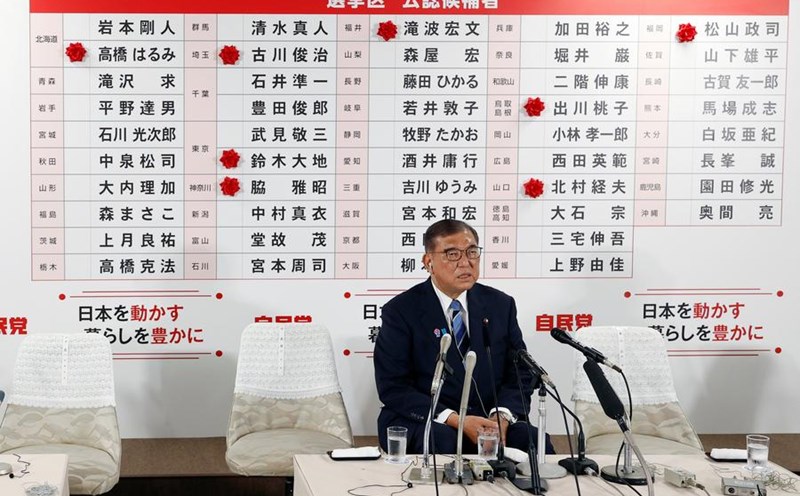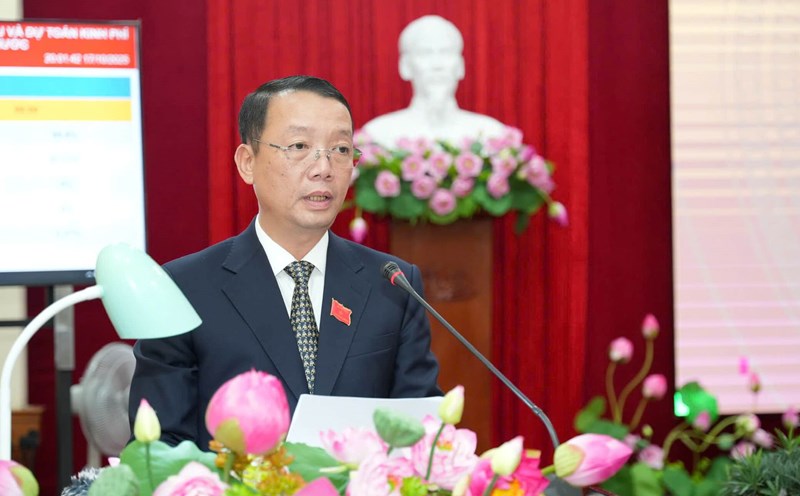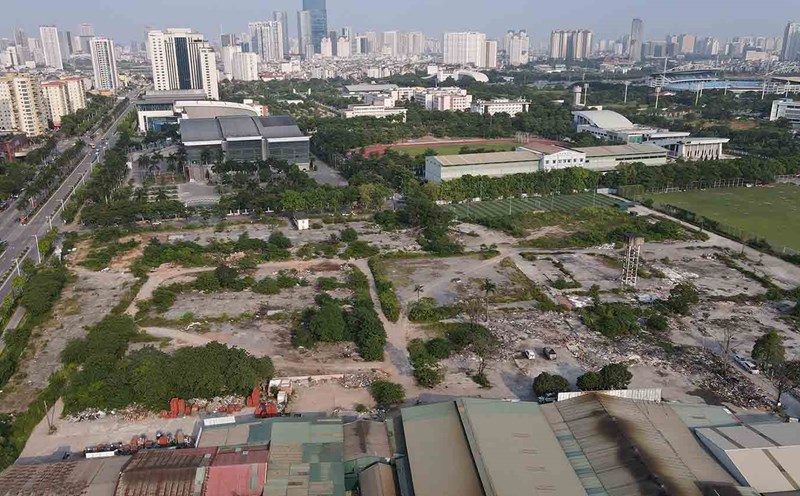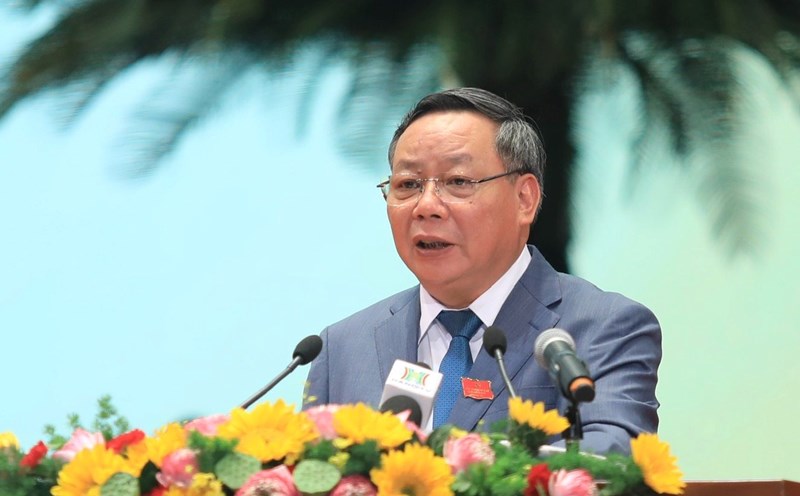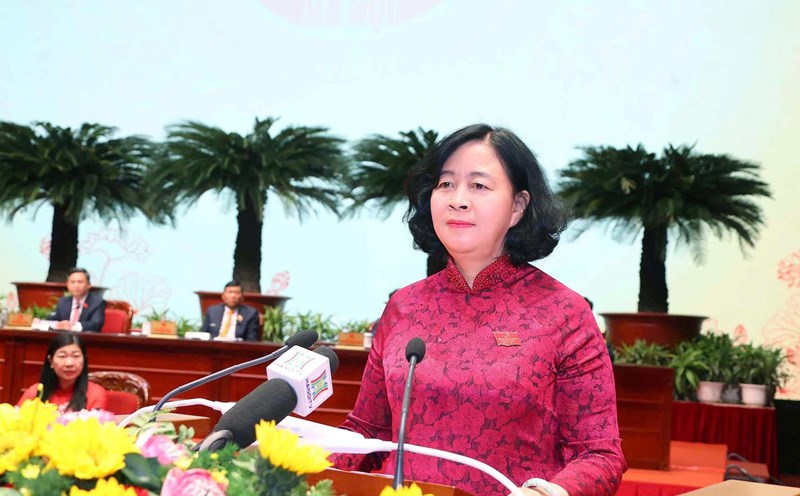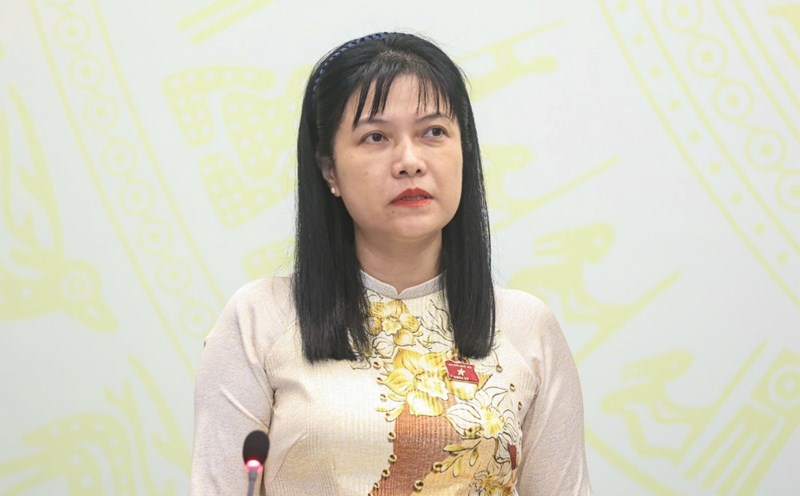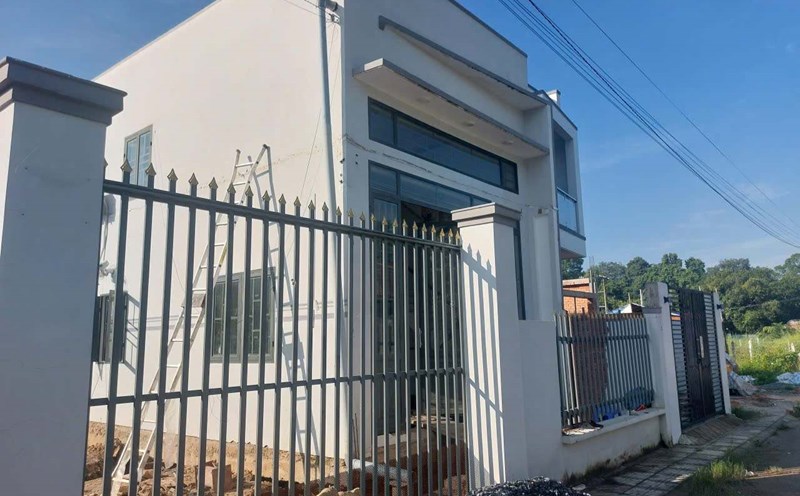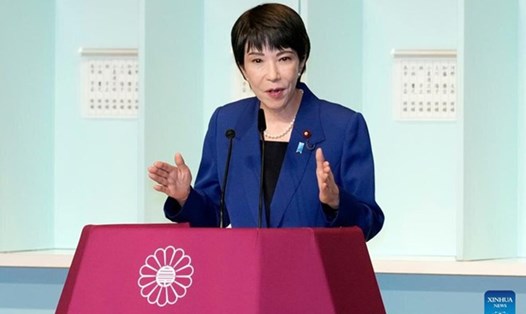Murayama passed away at a hospital in his hometown of Oita, southwestern Japan.
As head of the Socialist Party of Japan, Murayama led a coalition government from June 1994 to January 1996.
Murayama was elected to parliament in 1972, a year after his death. During his tenure as Japanese prime minister, he was best remembered for the "Murayama Statement" - an apology issued on August 15, 1995 on the occasion of the 50th anniversary of Japan's unconditional surrender, ending World War II.
In 1995, Murayama faced two major disasters: a major earthquake in the western port city of Kobe that killed more than 6,400 people and a toxic gas attack on the Tokyo subway that killed 13 people and injured more than 6,000.
He resigned as Japanese prime minister in early 1996 in a surprise announcement when he returned to work after the New Year holiday.

